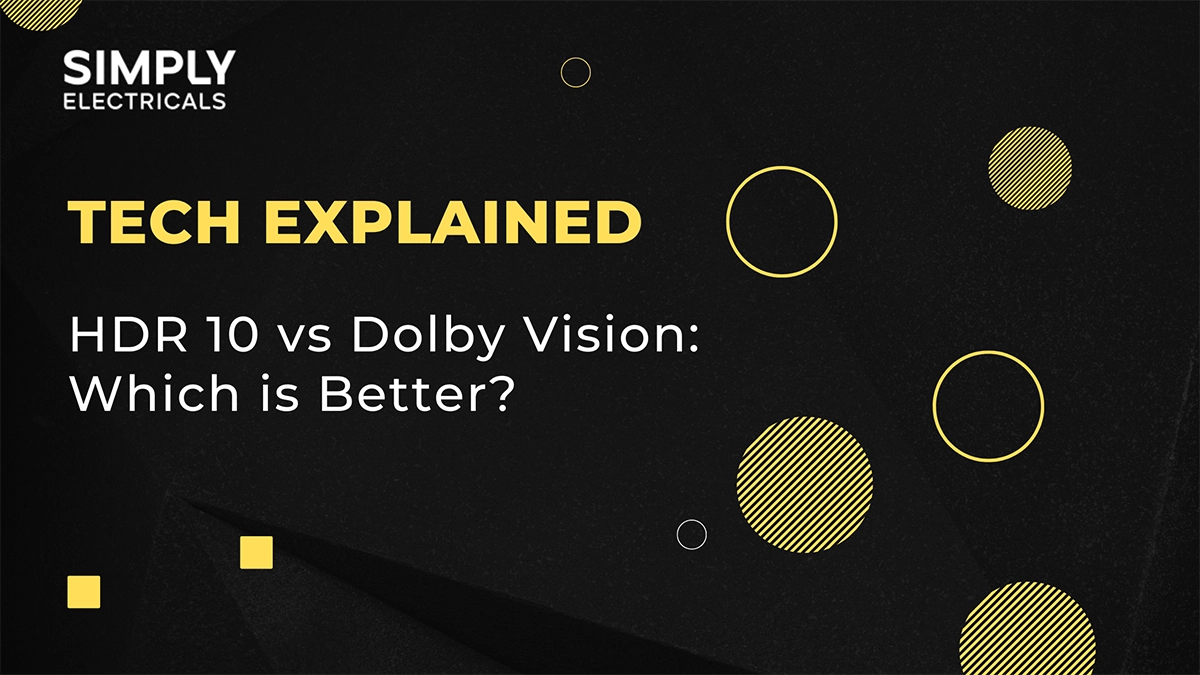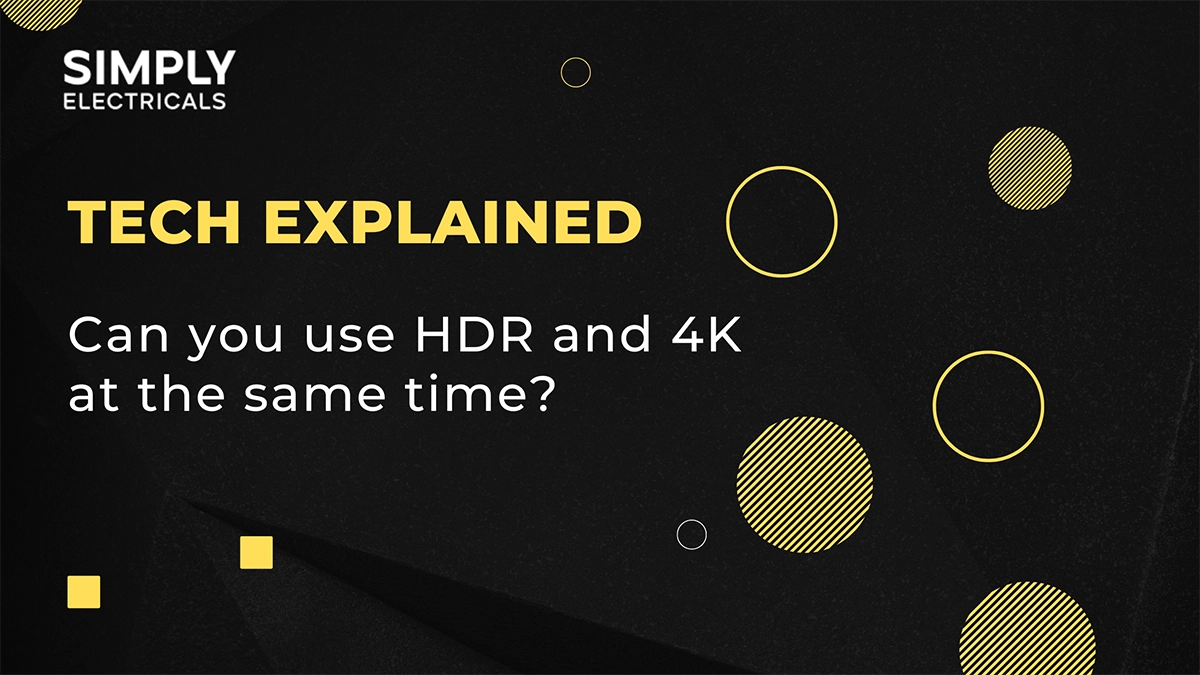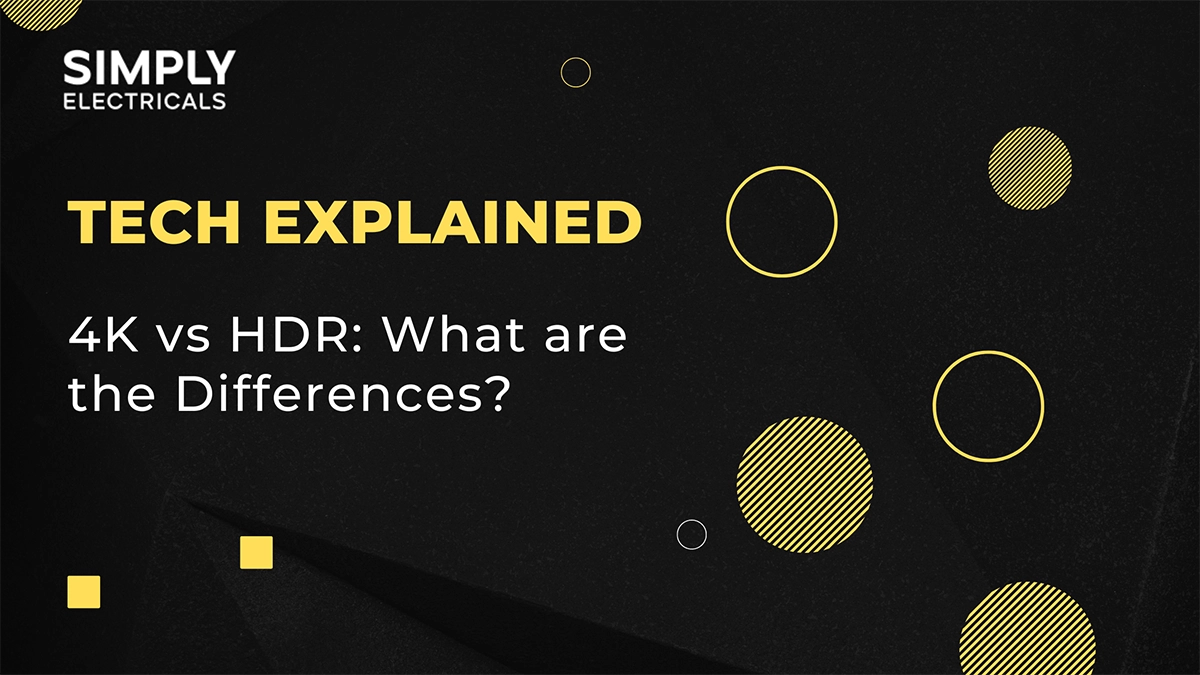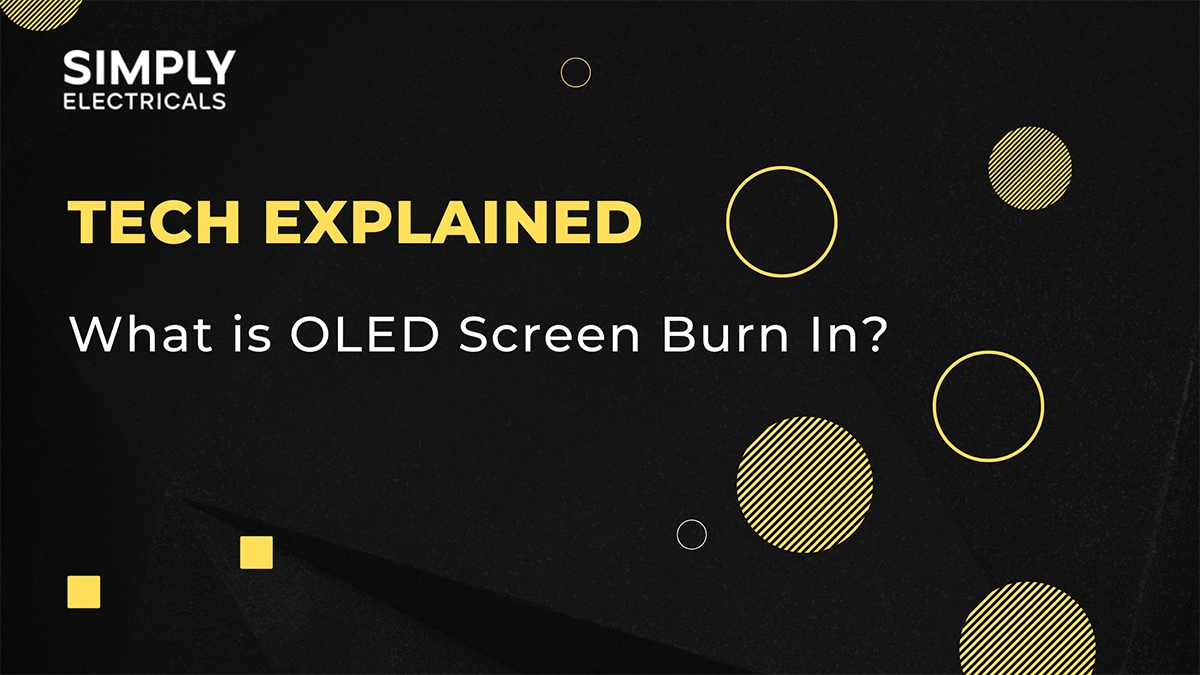HDR 10 and Dolby Vision is the new tech war of 2022; just like LCD vs Plasma or HD DVD vs Blu-Ray.
If you are not sure on whether to hunt for a HDR10 display or Dolby Vision, then this guide will help you find which one is best depending on what you want to get out of your TV.
What is HDR 10?
HDR stands for High Dynamic Range – this is how the TV is producing high definition. There are three types, SDR, static HDR and dynamic HDR.
HDR 10 uses static, meaning if you are watching a film, it will consistently stay at that quality throughout the whole film.
Most TVs are implemented with HDR10 as it is free and open-standard, allowing for free implementation for TV producers and content creators.
What is HDR 10+?
Compared to HDR10 using static display, HDR10+ uses dynamic HDR, allowing for the metadata to be implemented frame by frame which gives a more immersive viewing.
HDR 10+ is just a better version of HDR.
What is Dolby Vision?
Dolby Vision can display up to 12-bit colour depth – this in total gives off a possible 68.7 billion colours.
Annoyingly, there is no such thing as 12-bit TVs, meaning that Dolby has to ‘downsample’ their colour depth to 10-bit.
As it is downsampled instead of having a max colour depth of 10-bit, like HDR10, it gives a slightly better picture.
Dolby Vision uses dynamic HDR allowing for a change in colour and brightness dynamically giving a better quality picture consistently.
What are the differences between HDR 10 and Dolby Vision?
|
HDR 10 |
Dolby Vision |
|---|---|
|
Open Source |
Private and Paid |
|
Static |
Dynamic |
|
10-bit colour depth |
12-bit colour depth |
|
1,000 max nits brightness |
10,000 max nits brightness |
Making the choice on which HDR software to choose in a TV in this day and age isn’t a big problem, because most streaming sites and manufacturers provide them as a couple.
The main benefit for HDR10 is that it is an open source, which allows TV producers to implement it within their systems without extra costs, unlike Dolby Vision, which is owned by Dolby meaning a running cost has to be paid.
One of the key differences between the two is that HDR10 is static HDR and Dolby Vision is dynamic HDR. Dynamic HDR produces a better quality picture as the colour display and overall brightness can be dynamically changed through frame by frame input.
Another key difference is their colour depth and max brightness. Dolby Vision can produce 12-bit colour depth, allowing 68.7 billion colours to be produced compared to HDR10’s 10-bit colour depth. There aren’t currently any TVs that can handle 12-bit colour depth, meaning that Dolby has to downsample Dolby Vision to 10-bit.
HDR10’s max nits brightness can reach up to 1,000, which is a lot less when you hear that Dolby Vision is up to 10,000 nits max brightness.
Currently, HDR10 is widespread throughout most hardware and streaming services, whereas Dolby Vision is growing rapidly through streaming services.
Is HDR10 better than Dolby Vision?
HDR10 is not as good as Dolby Vision as HDR10 uses static HDR, meaning that it stays at one quality through the entire stream or programme viewing, whereas Dolby Vision is dynamic HDR, meaning that the metadata into the screen is inputted frame by frame.
With dynamic, it produces a much more immersive experience than with static.
Is 4K Dolby Vision better than 4K HDR?
4K Dolby Vision and 4K HDR are very similar, both with the added tech increase of 4K resolution allowing for their display to be more crisp and for them to display content with a wider range of colours and brighter luminance.
The only advantage one has over the other is that Dolby Vision with 4K can be ever more optimised to your TV to make sure that you are getting the most out of your TVs technology.
Does Netflix use HDR10 or Dolby Vision?
The Netflix streaming site mainly backs Dolby Vision, but even here where Dolby Vision is seen as the best there are, there are still some titles which allow the possible use of HDR 10.
On the other hand, Amazon Prime Video supports HDR10 and HDR10+ with some titles using Dolby Vision.
Does the Xbox Series X use HDR10 or Dolby Vision?
Dolby Vision support through the Xbox Series X was confirmed by Microsoft in September 2021.
Next gen features from both the Xbox Series X and S, such as DirectX Raytracing, Variable Refresh Rate and the utilising the 120Hz panel within the TVs, will be enhanced through Dolby Vision, allowing for better feedback and brighter and bolder colours.
HDR10 software through the XBox Series X can be activated through the Xbox’s settings.
Does the PS5 use HDR10 or Dolby Vision?
Annoyingly, Dolby Vision through the PS5 can be difficult. It was implemented in a secretive manner and needs to be activated through the PlayStations settings.
HDR 10 was the first main HDR software implicated in the console. Dolby Vision and HDR 10+ are only just coming to light with being compatible.










